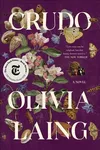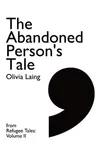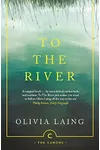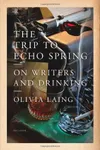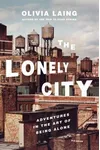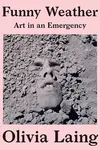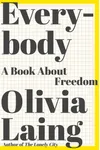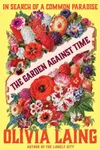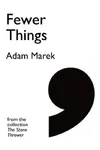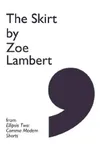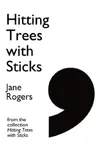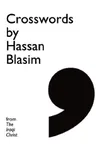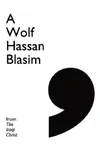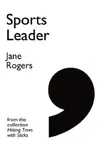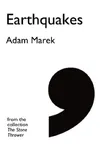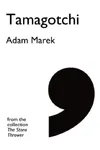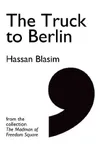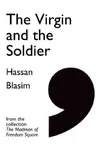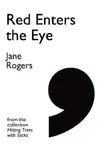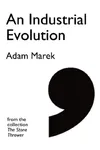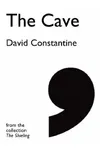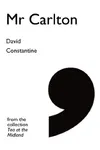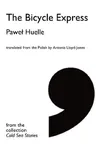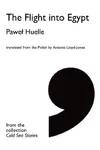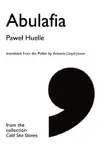Picture a British storyteller who weaves personal tales with piercing cultural insights—meet Olivia Laing! Known for their genre-defying non-fiction and the electrifying novel Crudo, Laing captures the messy beauty of human experience. From loneliness to liberation, their work dances between memoir, art criticism, and travelogue, making them a standout voice in contemporary literature.
Born in 1977, Laing’s journey from a rebellious dropout to an award-winning author is as captivating as their prose. With a knack for blending the personal with the profound, they’ve earned accolades like the Windham-Campbell Prize and a devoted global readership.
The Making of Olivia Laing
Olivia Laing grew up in Chalfont St Peter, Buckinghamshire, with a spirit too wild for convention. They enrolled at Sussex University to study English but ditched academia to join a road protest in Dorset. At 20, Laing lived alone on an abandoned farm near Brighton—a formative experience that shaped their introspective style. In their twenties, they trained as a medical herbalist, bringing a healer’s curiosity to their writing. By 2007, Laing was Deputy Books Editor at The Observer, honing their cultural critique before bursting onto the literary scene.
Olivia Laing’s Unforgettable Stories
Laing’s books are like conversations with a brilliant friend—intimate, incisive, and impossible to pin down. Their debut, To the River: A Journey Beneath the Surface (2011), follows the River Ouse, where Virginia Woolf drowned, blending memoir, history, and biography. It earned nominations for the Ondaatje Prize and Dolman Best Travel Book Award. The Trip to Echo Spring: On Writers and Drinking (2013) explores alcoholism’s grip on writers like Ernest Hemingway, weaving Laing’s own family experiences into the narrative.
Their masterpiece, The Lonely City: Adventures in the Art of Being Alone (2016), dives into urban solitude through artists like Edward Hopper and Andy Warhol. Translated into 20 languages, it’s a global sensation, shortlisted for the National Book Critics Circle Award. Laing’s first novel, Crudo (2018), is a raw, real-time snapshot of 2017’s political chaos, earning the James Tait Black Memorial Prize. Everybody: A Book About Freedom (2021) tackles bodily liberation through figures like Nina Simone, while The Garden Against Time (2024) explores paradise via a Suffolk garden restoration.
Laing’s style—lyrical, hybrid, and deeply personal—defies categorization. Critics compare them to Joan Didion and W.G. Sebald for their ability to merge reflection with analysis, making complex ideas feel like stories shared over coffee.
Why Olivia Laing Matters
Olivia Laing’s work resonates because it dares to embrace the messy, human stuff—loneliness, addiction, freedom, and hope. Their books don’t just analyze; they connect, offering solace to readers navigating a fractured world. By spotlighting marginalized voices and challenging societal stigma, Laing reshapes how we see art and ourselves. Their influence spans literature, art criticism, and activism, earning praise from the likes of Hilary Mantel and the Financial Times, who place them alongside James Baldwin.
As a non-binary writer and Fellow of the Royal Society of Literature, Laing’s fearless exploration of identity and resistance inspires a new generation of storytellers. Their work is a lifeline, proving art can heal and unite in turbulent times.
About Olivia Laing
- Born: April 14, 1977, in Buckinghamshire, England
- Key Works: The Lonely City, Crudo, Everybody
- Awards: Windham-Campbell Prize (2018), James Tait Black Memorial Prize (2019)
- Fun Fact: Laing once lived on an abandoned farm, shaping their introspective voice
Snag The Lonely City and dive into Olivia Laing’s soulful, genre-bending world!
